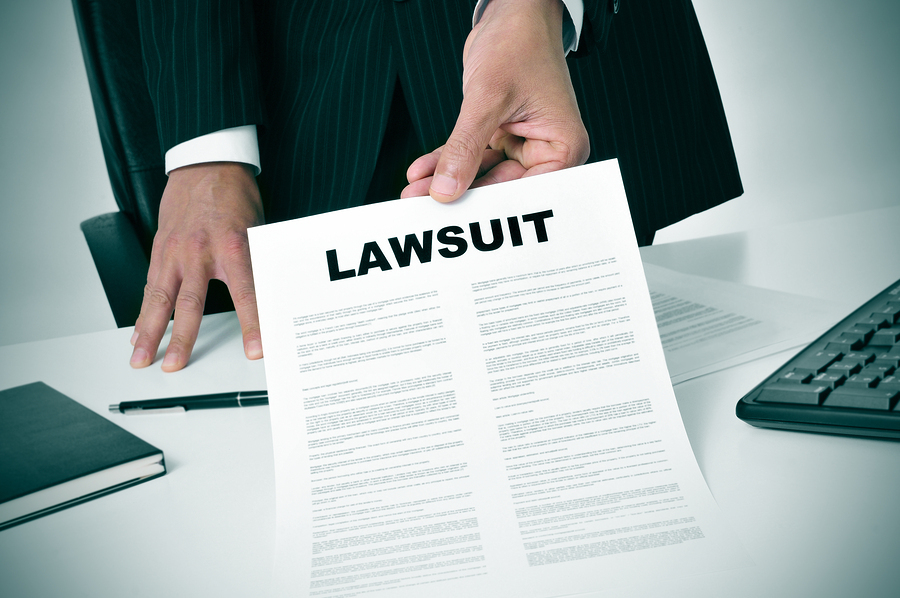Nov 06 2015 Why Waffle House is Being Sued Over Its Background Checks

Waffle House is under the gavel.
In certain parts of the country, there’s a Waffle House at nearly every highway exit and rest stop you go to. With 2,100 stores in half of all states in the US, it’s a major chain that employs thousands. And right now, it’s facing down a lawsuit over how it screens those thousands of employees.
Check The Background Check
The lawsuit stems from federal rules about background checks, which tend to fall under the Fair Credit Reporting Act, or FCRA. The suit, filed by a Florida man, claims Waffle House failed to inform him a background check was being, that they failed to inform him they were considering not hiring him due to problems with his credit, and that they failed to notify him that he hadn’t been hired. He’s seeking a jury trial and an undisclosed amount of damages.
It all sounds fairly prosaic on paper, but these are federal requirements, and if Waffle House loses in court, it might be the basis for a class action. Nor are they the only restaurant to find themselves in court over disclosure laws: Chipotle, Hertz, and other major franchise employers have been hit with similar lawsuits. Which in turn raises the question; what can other businesses learn from their legal woes?
Details Matter
Most of the businesses going to court over how they use background checks have a few similarities, beyond being household names. They tend to operate hundreds or even thousands of franchises across America, they tend to have relatively high turnover rates for low-level employees, and they tend not to have centralized HR operations. They also tend to be public-facing and thus make checking backgrounds and credit an absolute necessity, in order to avoid liability.
 Don’t let this be you.
Don’t let this be you.
In this context, when managers are expected to run a whole store and screen resumes, it’s not surprising that relatively minor legal details will slip through the cracks. Many of these lawsuits are over small mistakes that are likely made every single day at franchised businesses across the country. That doesn’t make them any less of a legal problem, though, so what can you do to keep out of court?
First, know your obligations. The federal regulations around FCRA are clear and there are rules you’ll need to follow, so ensure that you’re completely familiar with them and that any employees who might be requesting background checks are also fully aware. Set up policies to ensure checks don’t go through until the paperwork is in place, and be sure you know state laws; some states forbid specific types of checks in specific types of situations.
Secondly, be judicious with your background checks. It’s tempting to just do a check on every applicant who walks in the door, but be realistic; not everybody applying for a job is going to get it, and your managers should be whittling down candidates and only asking for a few checks, not dozens. Quality candidates should be checked out; the ones who won’t be advancing should get a polite phone call.
In short, be responsible and be smart with your background checks; it’ll keep you out of court, and ensure you get the best employees.
Want background checks without the worry of slipping up? Request a free background check trial and we’ll give you effective, powerful tools for checking every applicant’s background.


